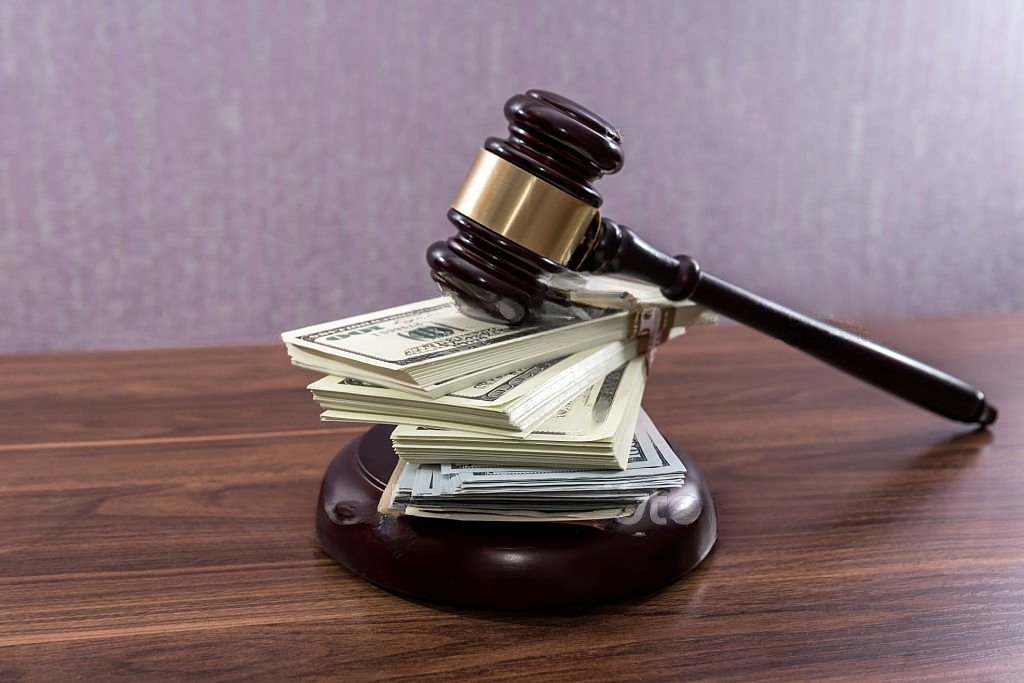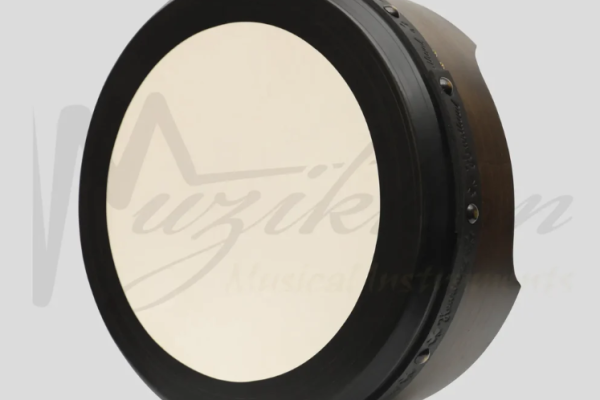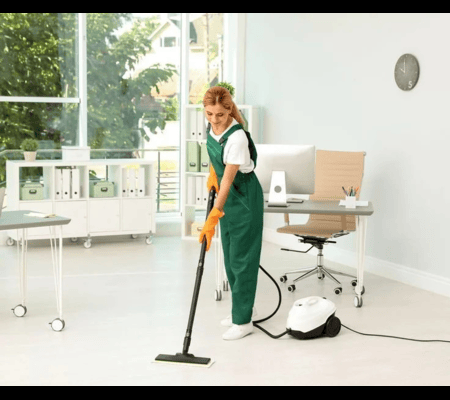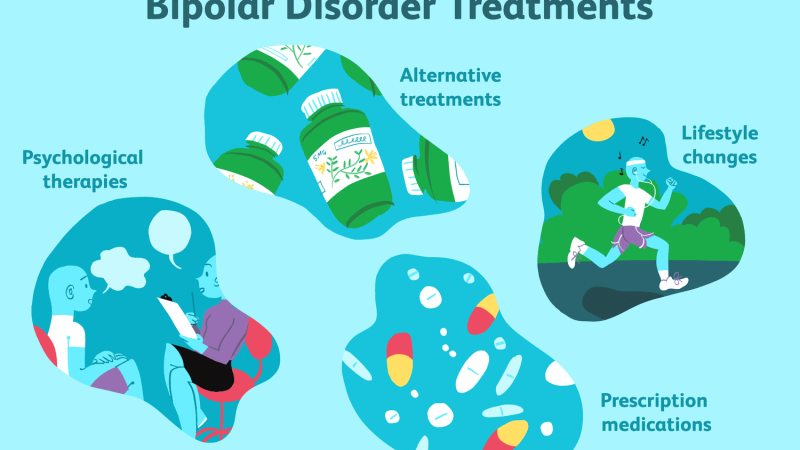Getting arrested is never planned. It can happen suddenly, leaving families unsure about what to do next. One of the first concerns is how to get a loved one out of jail. This is where a bail bond comes into play. If you’re trying to post bail but can’t afford the full amount, a bail bondsman can help. For example, if you’re in North Carolina, a bail bondsman in Raleigh NC might be your first step in navigating the legal maze.
But getting a bail bond doesn’t always mean it’s free or simple. Sometimes, collateral is required. And that’s what this article explains, bail bond collateral, in clear, simple terms.
What Is Bail Bond Collateral?
Collateral is something of value that you offer to the bail bondsman in exchange for a bond. It acts as a kind of safety net. If the defendant skips court or breaks the bond agreement, the bail bond company can use the collateral to recover their money.
Think of it like a guarantee. You’re saying, “If the person doesn’t show up to court, you can take this item (property, car, cash, etc.) as compensation.”
When Is Collateral Required?
Not all cases need collateral. Some bonds can be issued with just a signed agreement and a small percentage of the bail amount, usually 10%. However, if the bail amount is high or the person has a shaky record of appearing in court, the bondsman may ask for collateral.
This is especially common in more serious charges. For example, if someone is arrested for domestic violence, a bondsman in Wake County might request property or other assets as part of a domestic violence bail bond in Wake County.
Types of Collateral Accepted by Bail Bond Companies
Bail bond agents usually accept a variety of assets as collateral. Here are the most common:
- Real estate – Homes, land, or commercial property
- Vehicles – Cars, trucks, motorcycles
- Cash – Immediate and easy to process
- Jewelry – Valuable pieces that hold market value
- Bank accounts or investments – Stocks, bonds, or savings
- Electronics – High-end devices like computers or gaming consoles (less common)
The value of the collateral usually needs to match or exceed the full bail amount.
How Collateral Works in a Bail Bond Agreement
Here’s a step-by-step of how collateral plays a role:
- A person is arrested and bail is set.
- You contact a bail bondsman and agree to a bail bond.
- The bondsman reviews the case and decides if collateral is needed.
- If collateral is required, you provide documents or items for review.
- Once the value is confirmed, the bond is posted, and your loved one is released.
- If the defendant goes to all court dates, the collateral is returned.
- If they fail to appear, the bail bond company can legally take possession of the collateral.
Collateral vs. Premium
A common question is: “If I pay a premium, why do I still need collateral?”
The premium is the non-refundable fee paid to the bondsman. It’s usually 10% of the total bail. This is the service fee for taking on the risk.
Collateral, on the other hand, is a safety measure. It helps protect the bond company if the court dates are missed. You can get your collateral back if the bond terms are followed. The premium, however, is not refundable.
How Long Is Collateral Held?
Collateral is usually held until the case is fully resolved. This includes:
- All court appearances are completed
- Final judgment is made
- Any legal obligations are satisfied
Once the case is over, the bondsman will return your collateral, assuming there were no violations.
What Happens if the Defendant Misses Court?
This is where things get risky.
If the person out on bail doesn’t show up to court, it’s called “skipping bail.” At that point, the bond is at risk, and the bail bond company will likely:
- Send a recovery agent or bounty hunter
- Inform the court and request a forfeiture hearing
- Use your collateral to cover the cost of the bond
In short, missing court puts your property, money, or assets at serious risk.
Can You Lose Your Home Over a Bail Bond?
Yes, if you use your home as collateral and the defendant doesn’t meet the bond terms, the bail company can legally start the foreclosure process. This isn’t a fast process, but it’s real. Always make sure the person you’re helping is dependable.
Tips Before Using Collateral for Bail
Using collateral is a big decision. Here are some helpful tips:
- Only use collateral you can afford to lose
- Read the bail bond agreement carefully
- Ask the bondsman for a clear list of what would lead to forfeiture
- Get copies of all documents
- Follow up on court dates and bond conditions
Alternatives to Using Collateral
In some cases, there may be options that don’t require collateral. These might include:
- Unsecured bail bonds – For low-risk defendants
- Cash bail – Paying the full bail amount yourself
- Release on own recognizance – No bail required if the court trusts the person
Talk to your bondsman about these before agreeing to use high-value collateral.
Choosing a Trustworthy Bail Bond Agent
This process can be stressful. Choosing a reliable and honest bail bondsman can make all the difference. Look for:
- State licensing and credentials
- Positive online reviews
- Clear and upfront communication
- Willingness to answer questions
A good agent will explain your options, including whether or not you really need to use collateral.
Common Myths About Bail Bond Collateral
Let’s clear up a few misunderstandings:
- Myth: Collateral is always required.
Not true. Many bonds don’t need it. - Myth: You get the premium back.
Nope. The premium is the cost of the service. - Myth: Collateral is returned immediately after release.
Wrong. It’s only returned once the case ends.
Final Thoughts on Bail Bond Collateral
Using collateral for a bail bond can help someone regain their freedom while waiting for trial. But it’s not a light decision. You’re putting something valuable at stake.
Whether you’re dealing with a first-time arrest or a more serious charge or domestic violence bail bond in Wake County, take time to understand the process. Work with a trusted bail bondsman in Raleigh NC or nearby city who can explain the pros and cons. And remember, collateral is about trust. Make sure it’s earned.
This way, you’ll protect yourself, your assets, and your loved one’s future.









